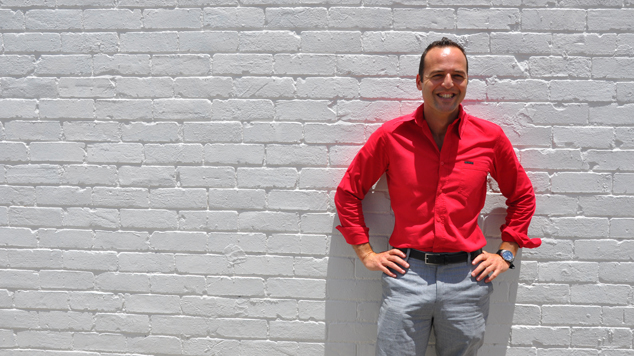Five hundred plus newly diagnosed individuals candidly reveal how they acquired HIV in a report published last month. For gay men the most likely risk event included bareback sex with a new casual hook up (62%) or fuckbuddy (22%). While just fewer than 11.4% indicated it happened through sex with their regular partner/boyfriend. Less than 40% of guys describe group sex and other drugs as a factor.
Having newly diagnosed people openly describe the context of how HIV is being communicated amongst us in 2013 is to be applauded. It demonstrates a clear desire to have our community learn from their experience so that this HIV epidemic is ended. The Kirby Institute and The University of New South Wales amongst other research collaborators produced ‘Experiences with HIV: The Seroconversion Study Report 2013’, which was funded by various state health departments across the country. This knowledge is critical if we are to indentify the most effective HIV prevention programs.
Fear of testing and no symptoms of illness were the most common reasons for not testing earlier, with just less than 50% of study participants not having been tested for more than 12 months. Really consider what this means, 50% of guys who acquired HIV remained undiagnosed and highly infectious (i.e. untreated with medication) for over a year before being tested. How many bareback episodes do we have in a year? The unknown person living with HIV is a significant driver if not the most significant driver of the Australian HIV epidemic.
Newly diagnosed individuals identified fear of living with HIV, amongst others, as the main barrier to testing early. As a community, it is most helpful if we take our share of responsibility for creating an environment where people diagnosed with HIV are fully accepted. HIV fear mongering in all its forms, is completely unacceptable and counterproductive to eliminating new HIV infections from our community. Instead, a caring, non judgmental, knowledge full understanding of HIV is more likely to lead individuals into getting tested, knowing they will be supported and loved by their community no matter what the test result. Reduction in HIV stigma and discrimination is clearly linked with robust HIV prevention efforts.
Most notably, late HIV testing and diagnosis would be substantially reduced if HIV stigma was successfully addressed in our communities.
The study also explored concerns about starting treatments. At the time of interviewing, half of the participants had started HIV treatment and half had decided to wait. Fear of side effects and losing control of your body dominated decision making for late treatment starters. The report quotes Eric 31 (not his real name)
“There was quite a fear at first for me of going onto treatment. I don’t want to go onto treatment. I want to avoid that as long as I can. Part of that was the perception of, you know, reading of other peoples’ experiences of being on treatment.”
It is understandable how an individual could come to this conclusion. The experience of first generation HIV medication in the early to mid 1990s was toxic and physically damaging. Some people today are burdened with this historical and permanent harm. However, we now have third generation HIV medication that is tailored to the individual and almost completely benign for most. Also, early treatment preserves your immune system, reduces HIV inflammation and increases the likelihood of being cured in the future due to the reduction of hidden HIV reservoirs.
Ending the HIV epidemic in Australia is premised on early testing, early treatment and staying safe. So far newly diagnosed guys are describing fear based thinking resulting in late testing and late uptake of treatment. As an empowered community modern proven practical prevention methods are preferred to ineffective fear based messaging and methods.
Newly diagnosed guys are invited to pass on their knowledge and contact Positveadvocate.com on a confidential basis to share their newly diagnosed story with the community.
Cipriano Martinez
www.positiveadvocate.com






